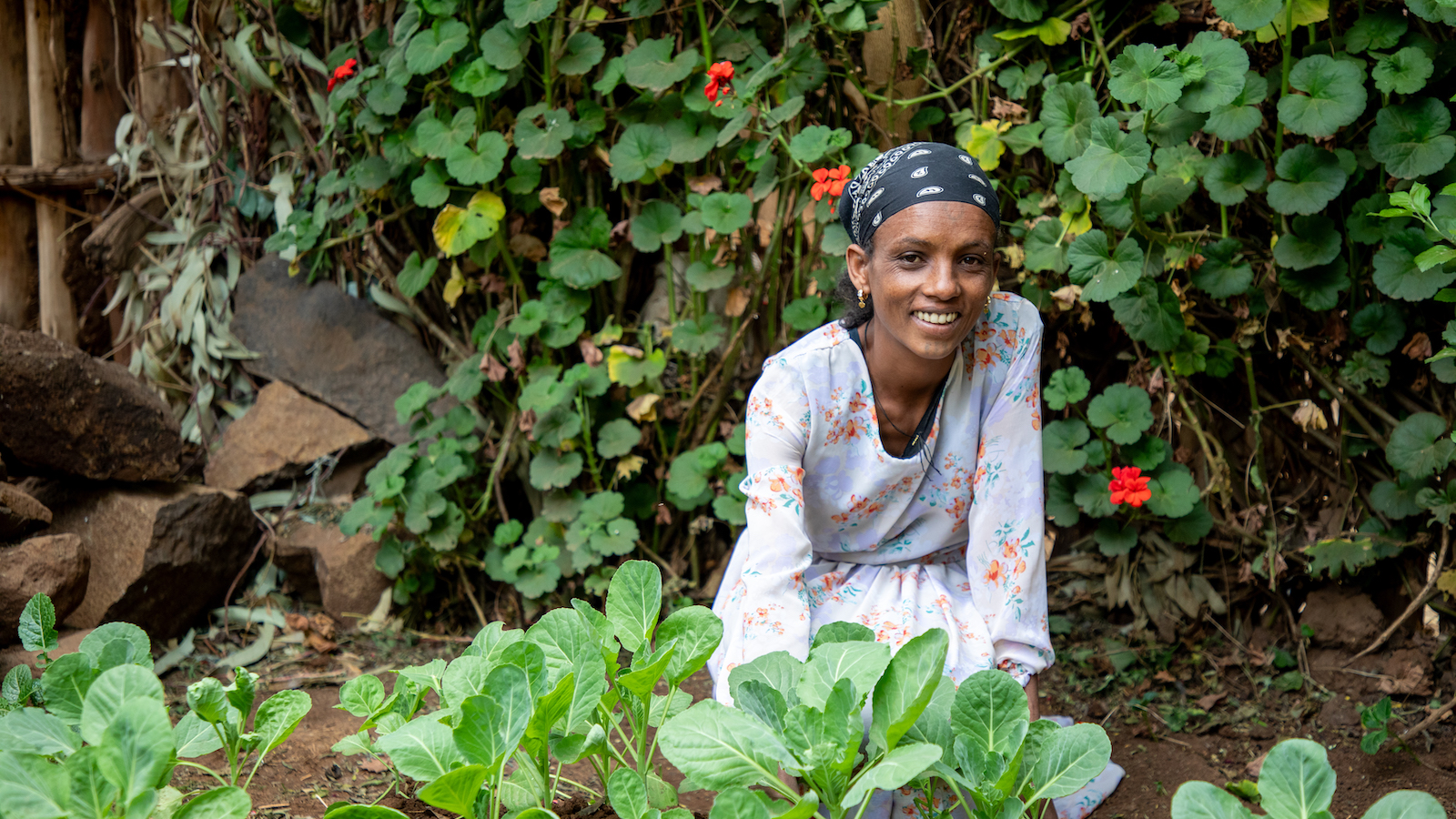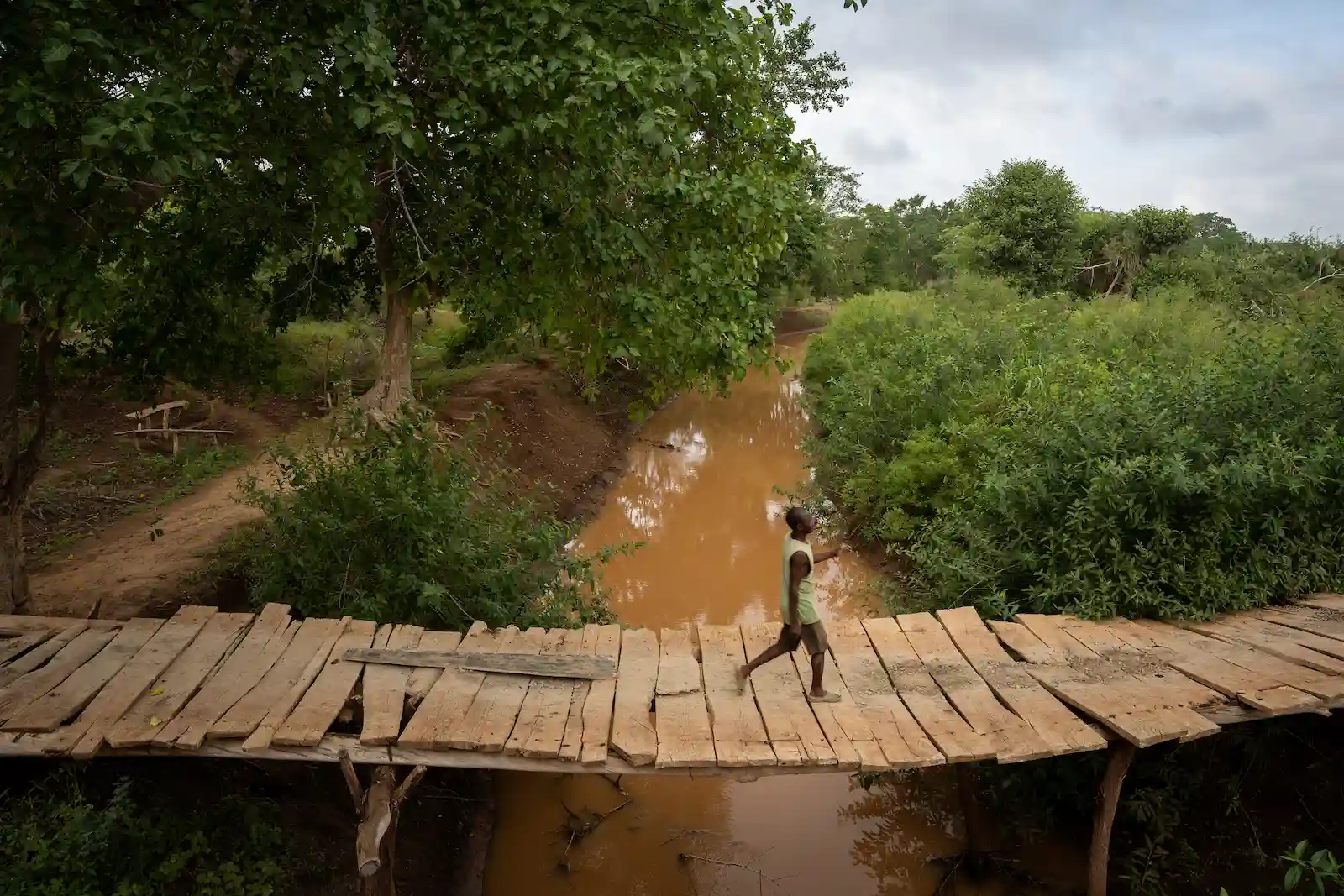Country stats
- Capital: Addis Ababa
- Population: 127.7 million
- People requiring humanitarian aid: 28.6 million
Concern’s response
- Ethiopia program launched: 1973
- Program areas: Education, Emergency Response, Health & Nutrition, Livelihoods
Why are we in Ethiopia?
Ethiopia is particularly vulnerable to climate-related shocks, such as droughts and floods, with over 80% of the rural population dependent on rain-fed agriculture. It faces the added challenges of hosting over 867,000 refugees from other countries, as well as both recent and ongoing localized conflicts.
The rains returned to Ethiopia, but its crisis is far from over
Five consecutive failed rainy seasons in the greater Horn of Africa resulted in the region’s worst drought in 40 years. In Ethiopia alone, 17.2 million people required humanitarian assistance as a result of the drought, which killed over 4.5 million livestock and contributed to a hunger crisis that’s still affecting some 20 million people.
The rains that arrived in Ethiopia in summer 2023 were not a cure-all solution. Not only did the rainfall lead to flooding in some areas, it will still take years for millions to recover from the drought. In total for 2024, the UN’s Office for the Coordination of Humanitarian Affairs estimates that 28.6 million Ethiopians will require humanitarian assistance.
Latest achievements
Health & nutrition
In the Tigray region, Concern screened nearly 133,000 children and over 36,000 pregnant and lactating women for malnutrition. Diagnosed cases of acute malnutrition saw an 86% cure rate.
Cash transfers
Concern responded to displacement in the Amhara region with an EU-funded program, Enhanced Response to Nutrition Emergency (ERNE). Between 2021 and 2023, ERNE reached over 225,000 people with emergency cash transfers and support for local healthcare systems.
Education
In the Amhara region, where conflict has affected educational opportunities for children, our Play Matters project ensured that nearly 17,000 children could go to school in a safe environment. It also improved enrolment and retention rates by 10%.
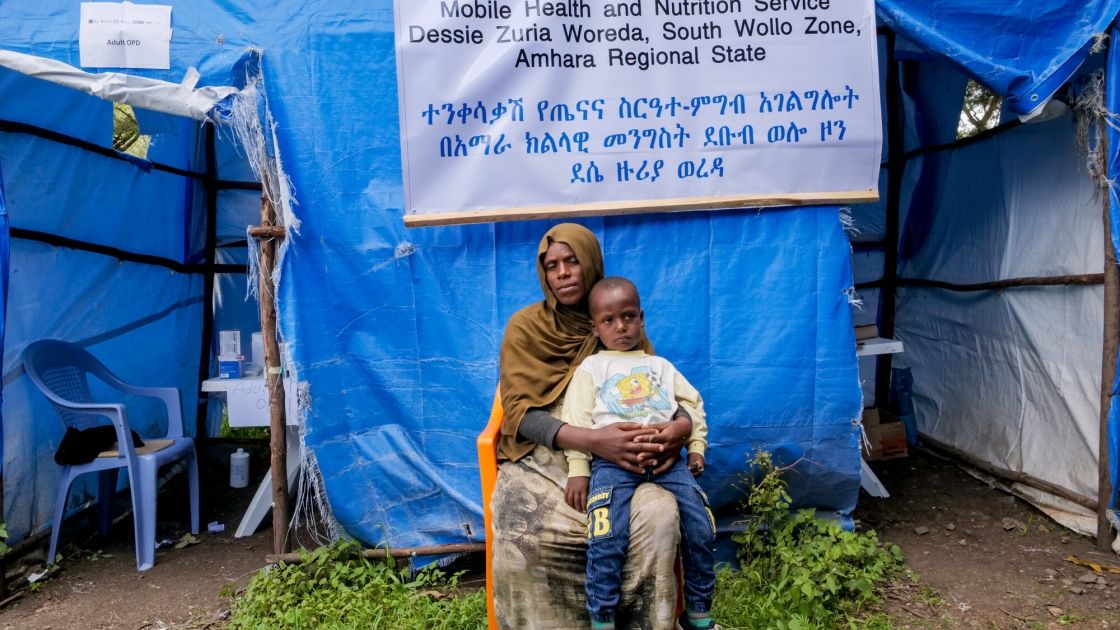
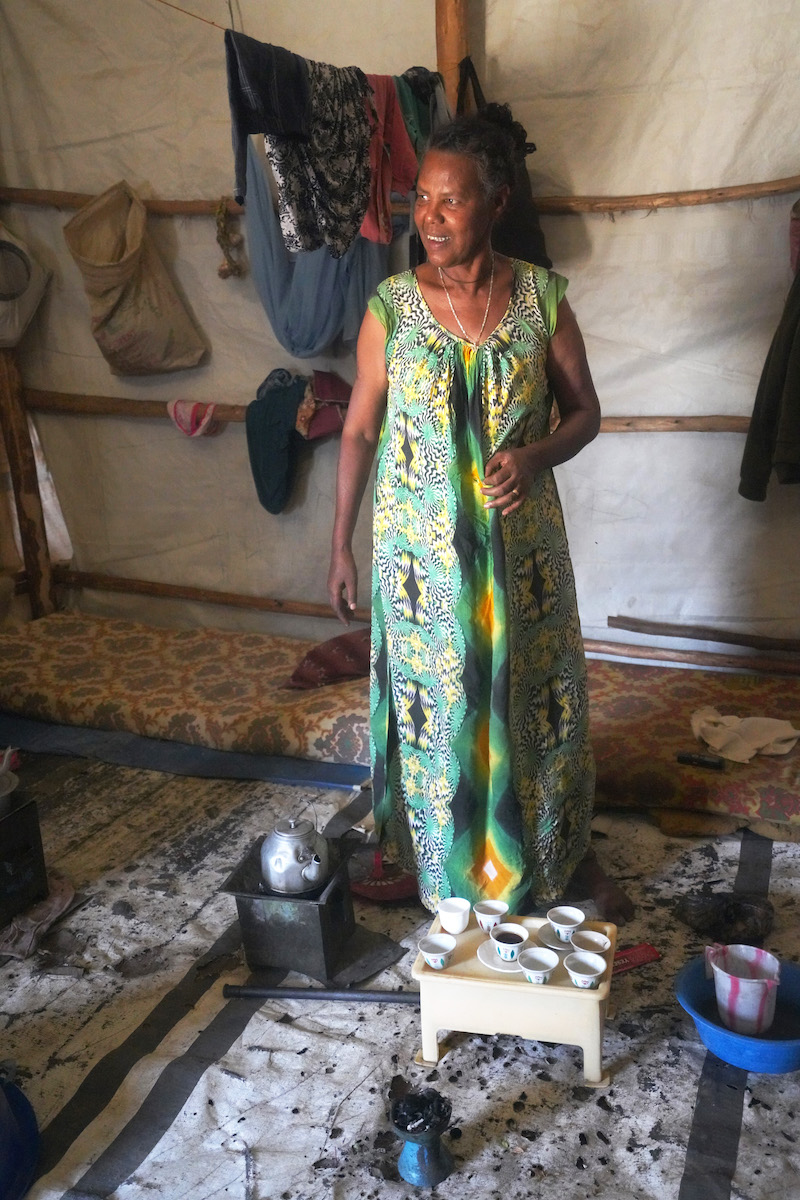
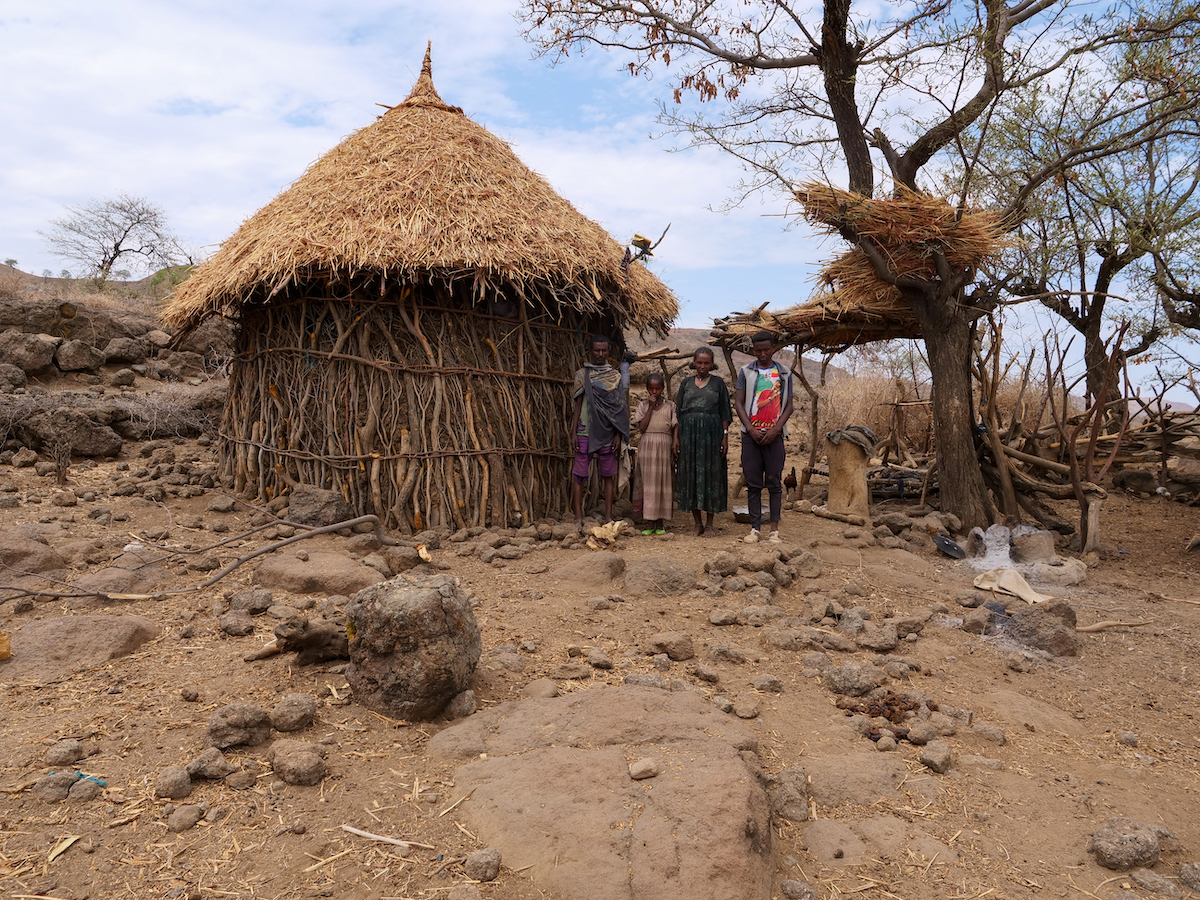
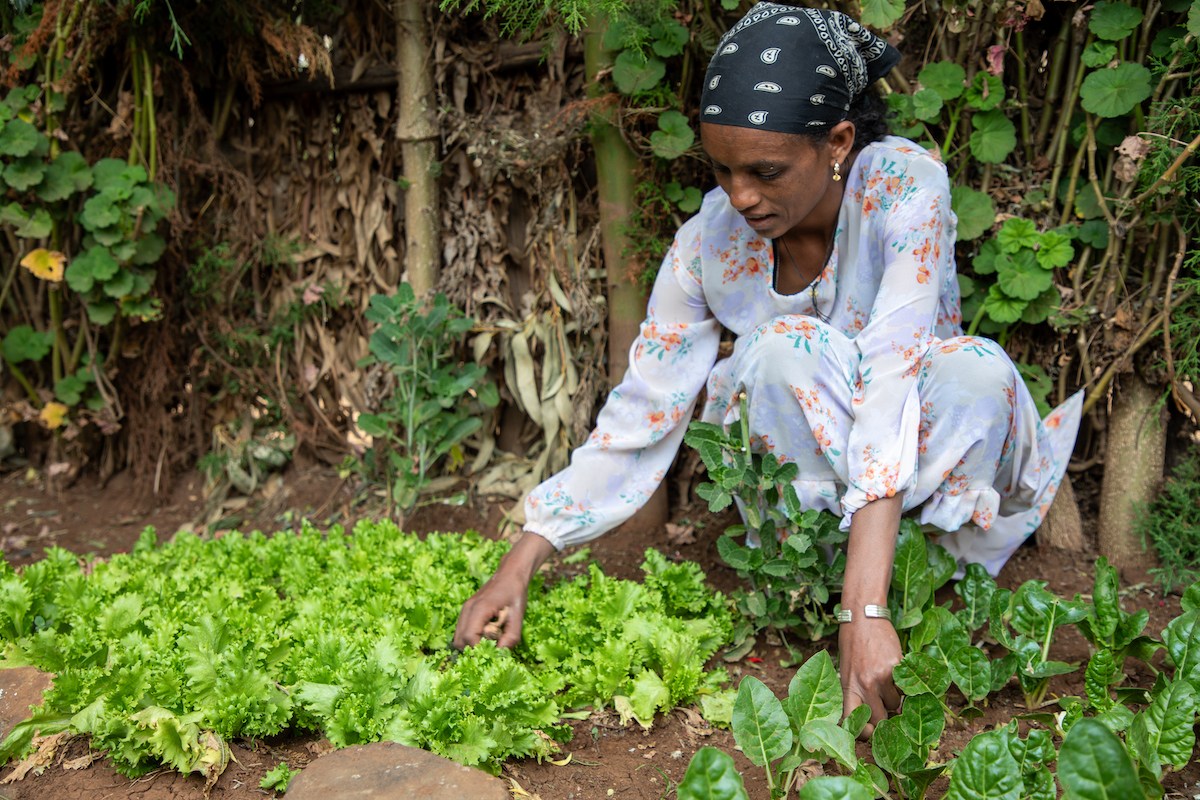
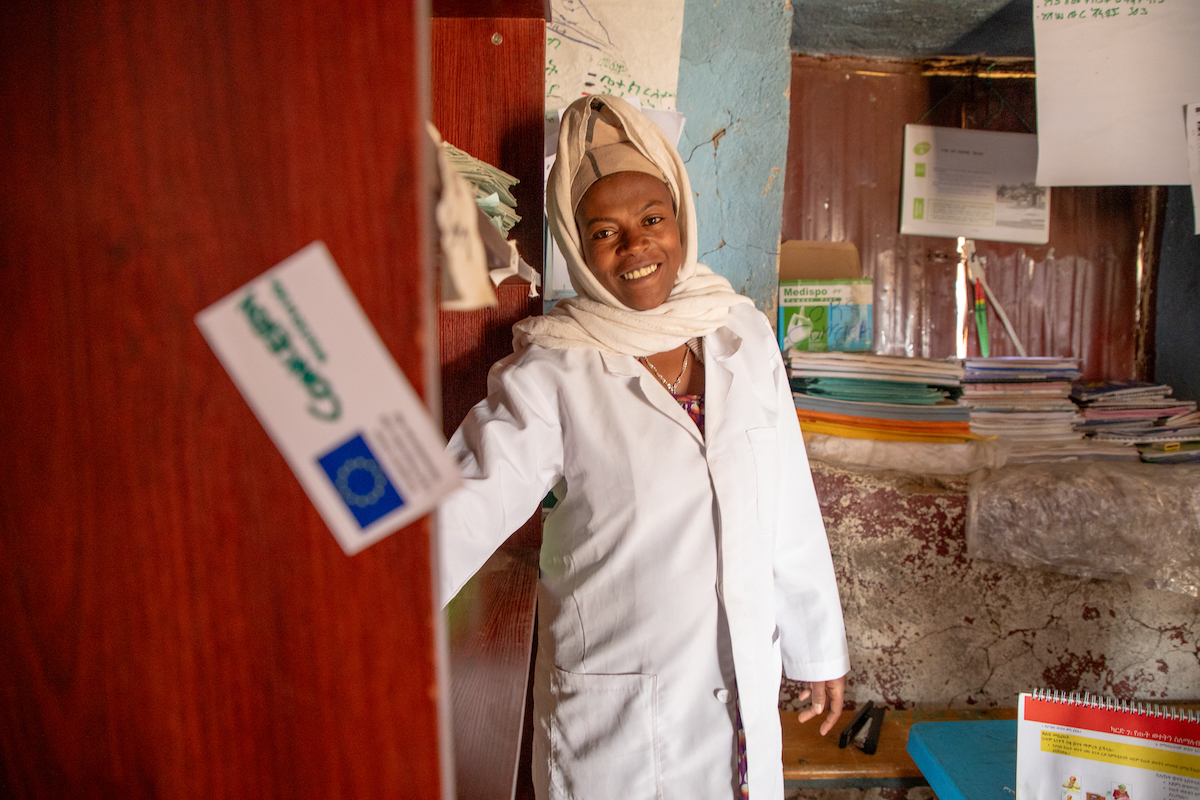
Our work in Ethiopia
We are working hard to combat suffering and build resilience in Ethiopia. We are doing this by establishing programs which will improve livelihoods, food security, and increase humanitarian response.
Organizations who fund us in Ethiopia
More from Ethiopia
More Locations
-
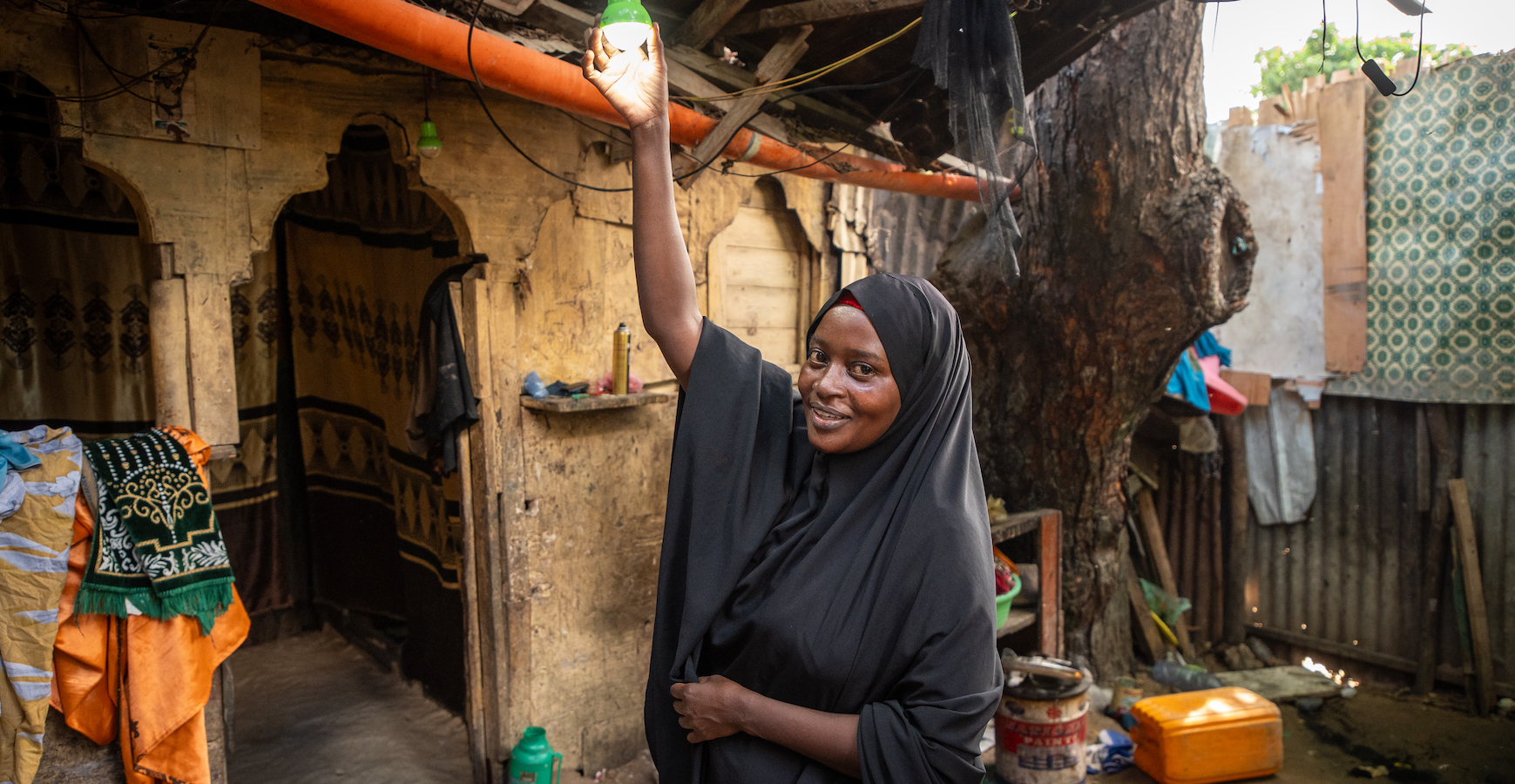
Somalia
-
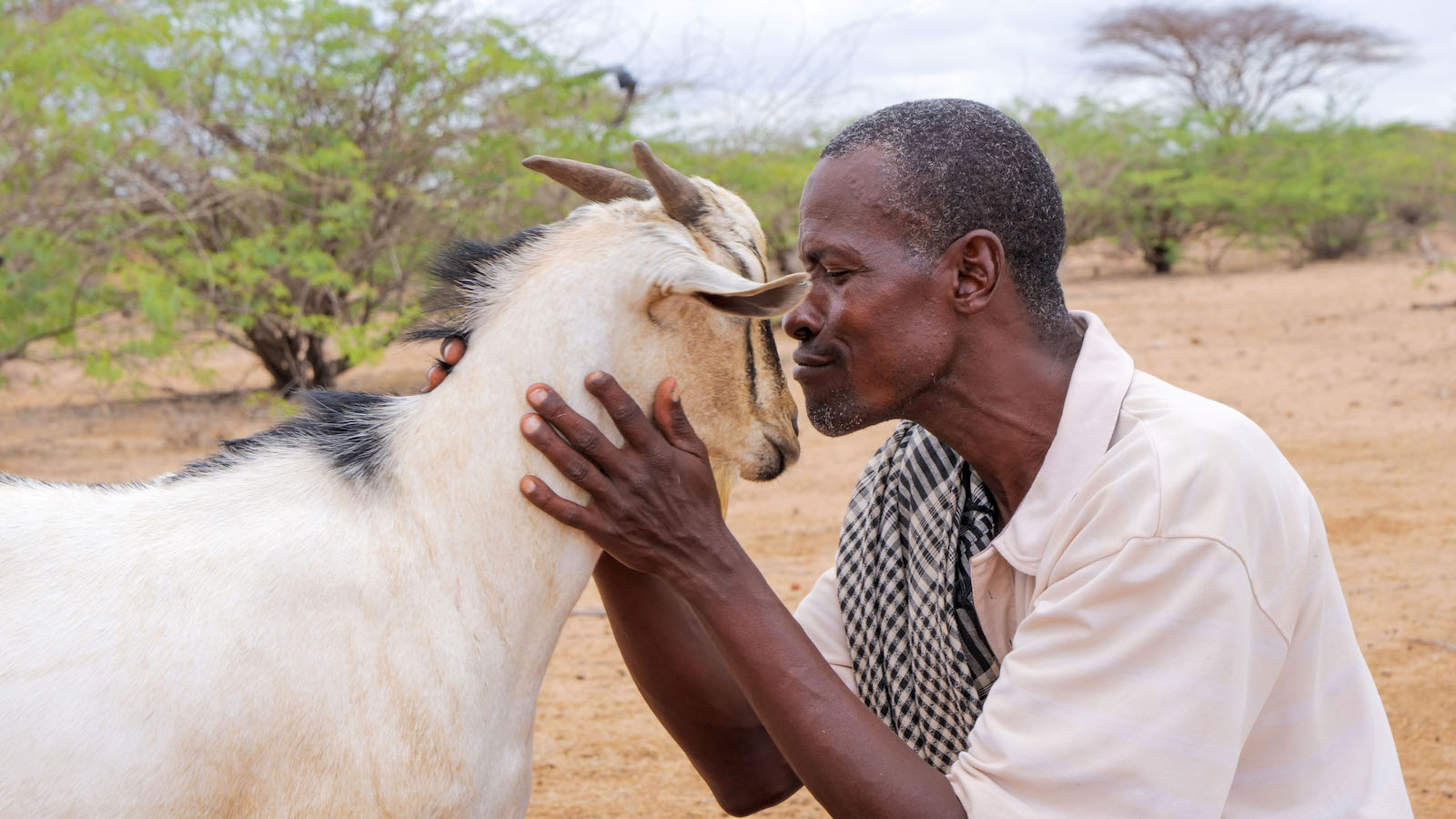
Kenya
Concern in Kenya puts people at the forefront. Our approach focuses on mobilizing citizen participation, supporting communities as they increasing economic stability, and paving the way for children to access free, quality education.
-
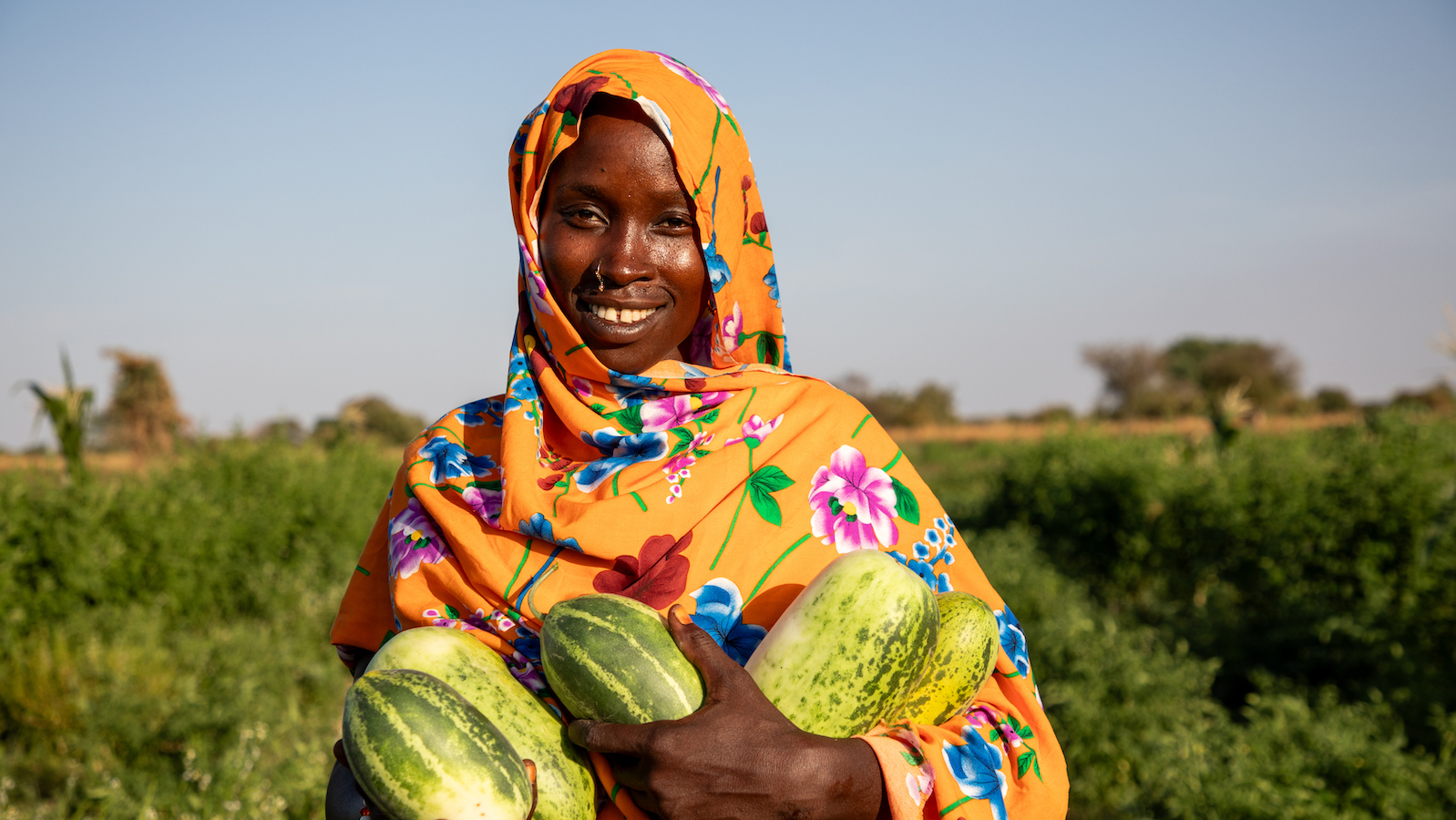
Chad

